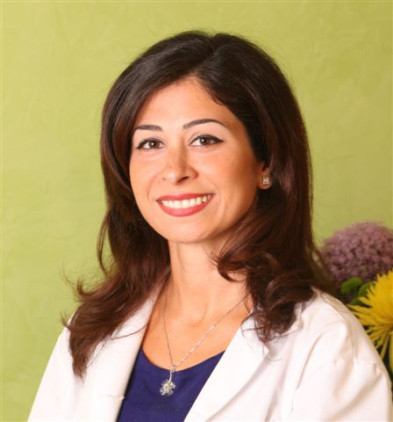
When it comes to the blame game for hair and skin problems, climate is a top favourite. Dull hair? It’s the dry, hot winds that are damaging it. Sallow complexion? It’s the heat and humidity. Rarely do people confess they are not eating right, are stressed and are also probably overdoing hair and skin treatments. While the last two problems can be optional vices, what’s almost unarguable is that most people are eating food that’s not meant to nourish skin and hair. Fast food for breakfast? Check. Processed foods for lunch? Check. Fizzy beverages through the day? Check. Too much coffee through the day to stay alert? Check.
“Chemicals in processed foods, trans-fat and chemical compounds in fried foods speed up the process of ageing,” says Yasmine Haddad, senior dietician, Live’ly, a health and nutrition lounge in Dubai. Fast foods are also full of sugar, which are empty in nutrients and full of calories. High-salt diets, also a popular choice with many people, lead to excess sodium accumulation around hair follicles, hindering absorption of essential nutrients needed for healthy hair, says Haddad.
For lush locks and a glowing skin, it is absolutely essential to eat nutritious foods. These include vegetables, fruits, vegetable oils, nuts and protein, “It’s about a healthy lifestyle,” says Haddad. “You have to sleep well, eat well, exercise and avoid stress. Stress is very bad for hair,” she says. Of course, hard water, as in the UAE, also has a bad effect on hair, but if your diet is poor, it can increase hair problems. (Haddad uses a shower filter that removes large amounts of calcium and magnesium in hard water.)
A diet rich in protein is essential for healthy hair as hair is primarily composed of keratin, a type of protein. Salmon, beans, fish, meat and fortified dairy products, cereals and Vitamin D supplements are essential for healthy skin and hair.
For supple and healthy skin, foods rich in Vitamin A and D, such as avocado and sunflower oil help repair body tissue, prevent dryness and postpone ageing.
Vitamin C, which helps maintain levels of collagen, a protein constituent of skin that is essential for healing skin as well as keeping it firm, should also be an important nutrient in your diet.
Exposure to the sun for Vitamin D is essential for bones, cells and tissues, as is folic acid, the deficiency of which leads to a condition called seborrheic dermatitis. It may be also linked to vitiligo (loss of skin pigment). A regular oil massage with olive oil promotes scalp strength.
Introducing potassium-rich foods in your diet, such as parsley, prunes, green leafy vegetables, will help flush out excess sodium and reduce risk of the potassium deficiency and hair loss, she says.
The bottomline however is that you need to make a conscious effort to eat well. “People want the easy way out,” she says. “but there’s no miracle cure; no amount of taking pills will help. You have to change your lifestyle and eat healthy.”
Though, she warns that hair loss can also be a sign of other problems with your body. “There could be hormonal issues or a problem with the thyroid, or malnutrition. A simple blood test to eliminate any medical conditions would be good to get to the root of the problem.”
Should one take vitamin supplements? “These are necessary only if the doctor recommends them because of a medical problem or if you are no able to get nutrients from foods.”











